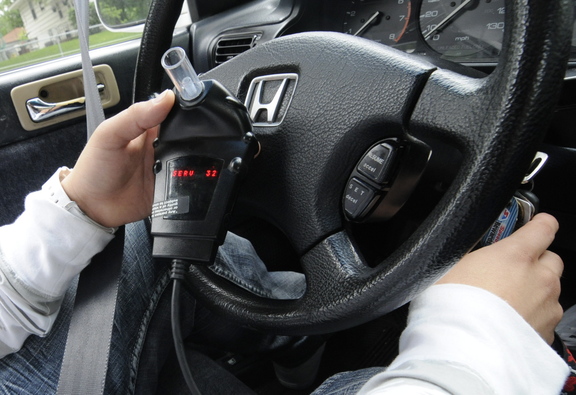The fight against drunken driving should be scored a victory.
Nationally, fatalities from drunken-driving accidents have fallen 52 percent since 1982. Maine ranks among the best, as one of only six states with a fatality rate under 2 for every 100,000 people. There has been a 62 percent decrease in drunken-driving deaths here in the last decade alone.
Room for improvement, however, remains. People still are getting behind the wheel when they’ve had more than a few drinks, even if they’ve suffered the legal consequences of operating under the influence before.
That is alarming in Maine, which recorded 7,275 OUI arrests in 2011, a number the Centers for Disease Control says represents only 1 percent of drunken-driving episodes.
New laws going on the books late this year take aim at both first-time and repeat drunken-driving offenders. These regulations expand the use of technology that has been shown to work, and they represent progress over previous policies.
Starting Oct. 9, license suspensions for a fourth or subsequent OUI offense were lengthened from six to eight years, and offenders were given the option to reinstate their license after four years if they install an ignition interlock system, which requires a breath test to run the vehicle.
And starting Dec. 1, first-time offenders will see suspensions go from 90 to 150 days, with early reinstatement with ignition interlock available at 30 days. It marks the first time in Maine the ignition systems will be offered to people found guilty of their first offense.
With the latter law, Maine joins the ranks of states requiring or strongly incentivizing the use of ignition interlock systems for all drunken-driving offenders. According to Mothers Against Drunk Driving, 20 states now have such laws in place, up from just one in 2006.
All-offender ignition interlock laws are an improvement from previous strategies, which favored straight license suspensions. The problem with suspensions, especially in a rural state like Maine, is that they often interfere with employment and family obligations. More than that, they are ineffective: An estimated 50 percent to 75 percent of drivers under an alcohol-related suspension still get behind the wheel.
That becomes next to impossible with ignition interlock systems. The devices have contributed to lowering drunken-driving fatalities wherever they have been used. Arizona and Oregon, for example, saw decreases in drunken-driving deaths of 46 percent and 35 percent, respectively, since putting the devices in wide use.
The devices work, although it is still unclear how best to deploy them. Maine lawmakers should monitor their effectiveness here and in other states where all-offender laws are in place, and adjust the license suspensions and ignition interlock options accordingly.
Maine roads have gotten much safer in the last few decades, because of the relentless focus on the enforcement of laws against drunken driving and widespread education about its dangers.
The danger, however, is still out there, mostly from repeat offenders who insist on driving while well over the legal limit for alcohol. That’s where efforts should be focused now.
Send questions/comments to the editors.



Comments are no longer available on this story